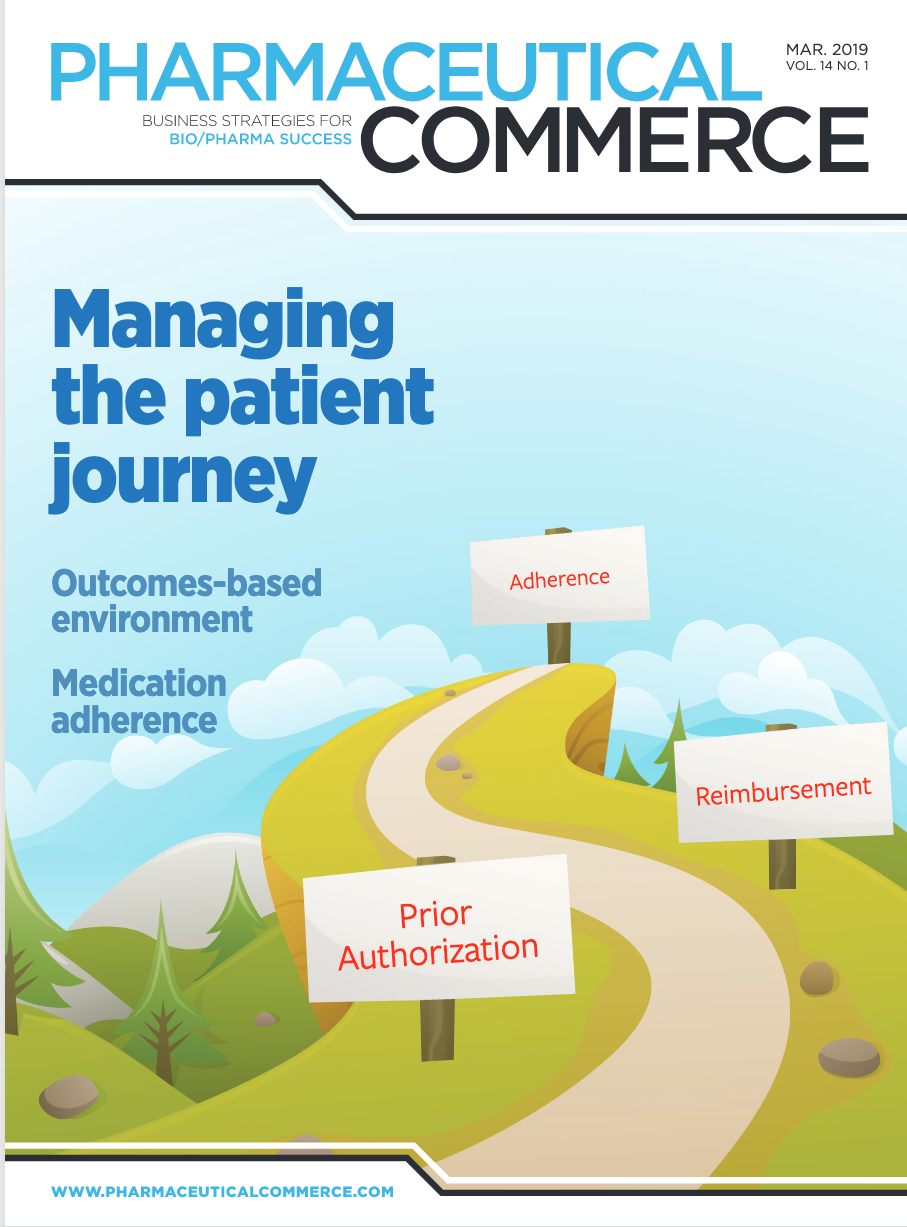Uplifting the patient care continuum
Welcome to our 5th annual report on patient support / hub services. Pharmaceutical Commerce has been highlighting this part of the life-sciences service universe for two reasons: one trivial and one profound. The trivial reason is that the topic fits so well with our publication’s focus on commercialization. Commercialization is something that, most of the time in media, gets talked about as the activities around sales reps knocking on physicians’ doors, and direct-to-consumer advertising. In our worldview, distribution channels, trade relations, and patient medical and financial support are equally important to commercialization, if not more so. We’re proud to be the exponents of this view.
The more profound reason—and the one you should pay attention to—is the impact of patient support and hub services on the delivery of healthcare. Healthcare, in the US, has become a more structured service, as providers and payers struggle with the its ever-growing cost. The most obvious example of this is the requirement, upon contacting a doctor’s office or entering a hospital, is to be asked about insurance plans. Ditto with picking up prescriptions at the pharmacy. So much of healthcare is gated: if you have the right passkey, you’re in; without it, you’re knocking on doors and hoping for the best.
Patient support is something that the pharma industry offers, mostly out of its own pocket, to help patients navigate the healthcare system. Part of this is simple necessity: the nature of many specialty pharmaceuticals today demands more complicated care of the patient, and the medical/hospital complex has adjusted to that poorly, if at all. And part of it is, clearly, self-serving the pharma industry’s own interests: getting patient on therapy sooner, getting better adherence, means more pharma sales ultimately.
What gets overlooked, though, is that the end result of all this is better outcomes for patients, and a better experience in dealing with the rigors of many drug-based therapies. The care coordinators at the hub providers described in this report (and the many more that work at pharma companies directly) are a helping hand, and the benefits of their services are documented in the better outcomes patients are experiencing.
By our estimate, there are now some 10,000-20,000 care coordinators employed directly or indirectly by the pharma industry, taking care of patients every day. (It’s kind of amazing that there appears to be no professional organization for these workers—an indicator of its lack of recognition.) We salute these unsung heroes of modern healthcare. We’re also excited about the technology that hub providers are bringing to the patient journey. Together, the two activities are bringing healthcare into the 21st century.
Strategic Trends in Pharmaceutical Manufacturing for Industry Leaders
March 10th 2025This link in the pharma supply chain is undergoing a major transformation propelled by technological advancements, regulatory changes, and evolving market dynamics, requiring industry leaders to adopt innovative strategies in order to remain competitive.
The Digital Transformation Reshaping Hospitals and Medication Management
January 20th 2025Despite challenges surrounding communication overload, drug shortages, and cybersecurity risks, this term is revolutionizing medication management and patient care through the use artificial intelligence and predictive forecasting.
